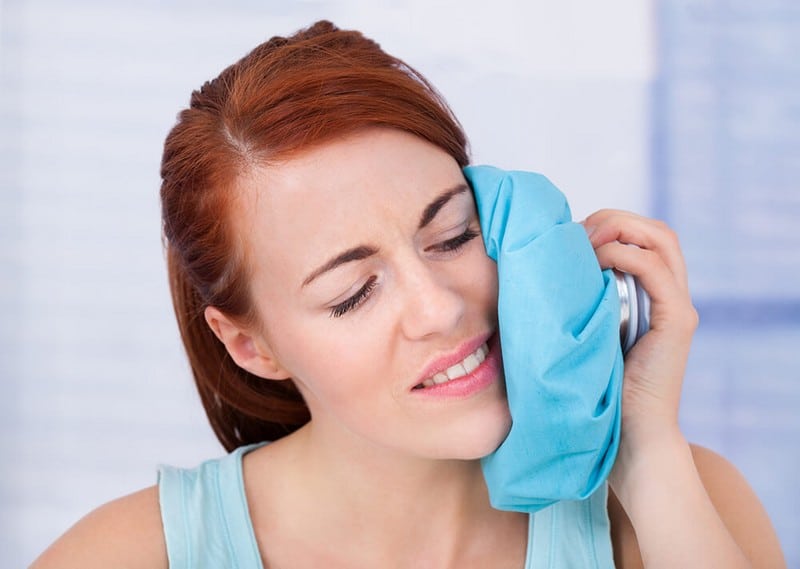Herpes simplex virus causes the infection known as herpes. Skin sores are among the herpes virus symptoms, and the infection typically affects the mouth, genitalia, and anal region. There are two types of the herpes simplex virus: HSV-1 and HSV-2.
Genital herpes can be brought on by either HSV-1 or HSV-2, but only HSV-1 can result in oral herpes. With HSV-1, the infection can be passed on by kissing or oral intercourse. With HSV-2, the virus can be acquired through vaginal, anal, or oral sex with a carrier.
These viral illnesses are spread by close personal contact. As a virus, herpes simplex has no known “cure” to stop the symptoms’ recurrence. But there are various treatments, including home remedies that could aid with symptom relief.
Combining dietary supplements and lifestyle adjustments may help lessen symptoms such as inflammation, irritation, and others. These treatments don’t, however, serve as a substitute for a clinical therapeutic approach. So, before attempting any alternative therapies, always consult a doctor.
Hot or Cold Compress

The discomfort and itching of a herpes lesion may be reduced by using a hot or cold compress. Oral herpes infections can be treated by heating the region around the lips to prevent the development of blisters. A preliminary study shows that applying heat when a sore is forming may be effective.
Heat may lessen discomfort and swelling if a sore has already developed. You can create a dry, warm compress by putting rice halfway up a sock and heating it in the microwave for less than a minute. Another method to minimize swelling is by applying a cold compress.
Making a cold compress at home is simple. First, apply an ice pack or an ice-filled clean, soft washcloth to the afflicted region. Repeat every four hours as necessary. Avoid using ice to the skin directly. Additionally, it is advised to cleanse the area with salt water gently.
The American Academy of Ophthalmology states that using cold compresses can help someone with eye herpes as they can lessen discomfort, edema, and inflammation around the lids.










